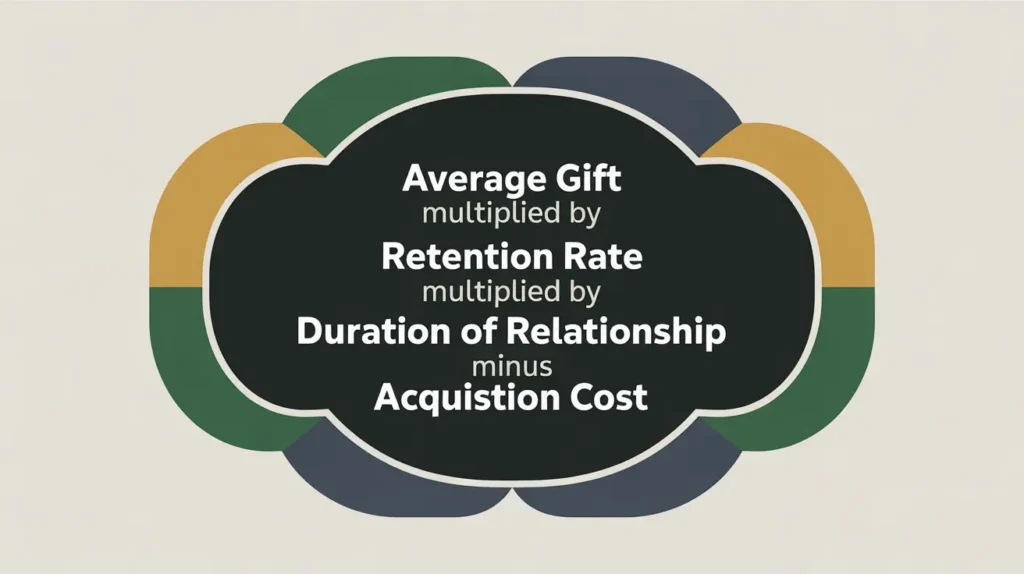Importance of Institutional Donors (Foundations, Bilaterals, Multilaterals)
Institutional donors provide large-scale, structured funding that can support significant programs and systemic change. This matters because many social innovation and international development initiatives require resources beyond what individuals or corporations can provide. For nonprofits, institutional donors offer credibility, stability, and the potential for multi-year commitments. Boards and leadership value institutional partnerships for their scale and influence, though they often come with complex compliance requirements.
Definition and Features
Institutional donors are defined as organizations that provide grants or contracts to nonprofits, including:
- Foundations: private, family, or corporate entities funding mission-aligned programs.
- Bilateral Agencies: government-to-government funders (e.g., USAID, FCDO).
- Multilateral Agencies: intergovernmental organizations pooling resources from multiple countries (e.g., UN, World Bank).
Key features include:
- Scale: can fund large programs or multi-country initiatives.
- Structured Processes: formal applications, competitive bids, and compliance frameworks.
- Restricted Funding: often tied to donor priorities, with strict reporting requirements.
- Influence: funding decisions can shape global development agendas.
Institutional donors differ from individual or corporate donors by their scale, bureaucracy, and policy-driven priorities.
How This Works in Practice
In practice, nonprofits engage institutional donors through lengthy proposal processes and compliance systems. For example, a bilateral agency may award a $10 million grant to implement an agricultural development program over five years. Finance teams establish rigorous tracking systems to meet donor requirements, while program teams align activities with predefined indicators. Boards and senior leadership often maintain direct relationships with institutional funders to secure renewals and manage reputational risk.
Implications for Social Innovation
For nonprofits in social innovation and international development, institutional donors provide both opportunity and challenge. Transparent reporting reduces information asymmetry by showing how large-scale funds are managed responsibly and tied to mission outcomes. Donors benefit from working with organizations that can deliver complex, multi-year programs effectively. Nonprofits, however, must balance institutional priorities with community needs to avoid mission drift. By cultivating strong partnerships and investing in compliance capacity, nonprofits can leverage institutional donor support to scale innovation, influence policy, and achieve systemic change at national or global levels.







